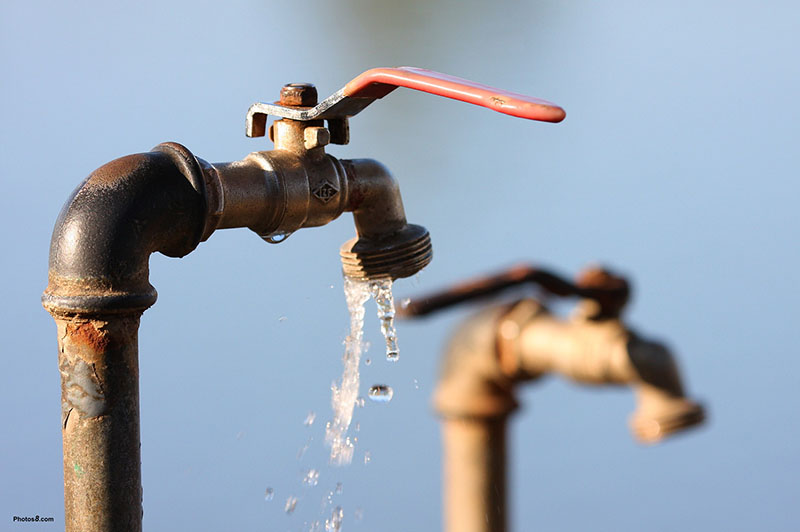Water disconnections by local authorities are a violation of rights to clean and safe water which need to be amended in line with the Constitution of 2013, a lawyer has said.
Presenting on the right to water in the context of service delivery, Tuesday, Esau Mandipa-a legal practitioner and law lecturer at Midlands State University said the statutory instrument which empowers local authorities to effect water cuts was passed in 1913 and has not been reviewed since.
Mandipa noted that water disconnections are a harsh measure to take against residents considering the current economic situation.
“Service providers must make use of alternative water sources. They should not make water disconnections an absolute right on their part but should look into at least sinking more boreholes for people,” he said.
Mandipa said a lot of changes have been made on the human rights perspective yet nothing has been done to amend the bylaws.
“For a balance to be achieved, the best thing is to grant a right and have a clause of limitations which will protect the people to enjoy the right freely,” said Mandipa.
Mandipa added that Rural District Councils (RDCs) must embark on alternative projects to supplement water sources for communities to fully exercise their right to clean and safe water.
He said they (RDCs) must refrain from being dependent on non-governmental organisations to drill boreholes for them.
“For Rural District Councils, challenges with water supply emanate from limited water sources, long distances to water sources and over-reliance on donor funds to service water sources,” said Mandipa.
“Urban Councils make more money than RDCs but that does not hinder use of alternative projects to ensure availability of water.”
Mandipa noted that according to the Rural District Councils Act, the local authority is mandated to drill boreholes and sink dams for the people to be able to access water.
He suggested that they can make use of the community reaction principle where they adhere to what the community suggests in terms of projects that can improve the availability of water.
“Local authorities are obliged to provide quality water and in the right quantities. When water charges are drawn, they must be proportional to the amount of water supplied to the people,” said Mandipa.
The Bulawayo City Council last month started disconnecting water supplies to defaulting rate payers as a means to recover about $100 million owed by both residents and commercial entities.

